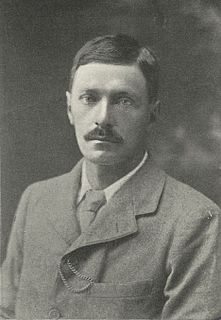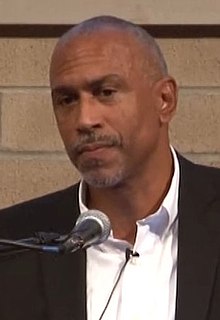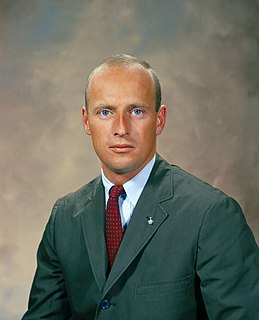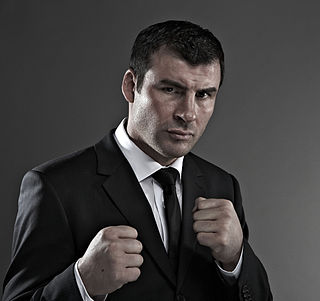A Quote by Brad Feld
When I struggled with a depressive episode in 2013, I realized that I had a glitch in my thinking about my own motivation. I had separated learning and teaching into different concepts.
Related Quotes
Teaching I realized took up a lot of my time. I was a kind of a teacher that spent time with students, spoke to them after class, tried to help them out. I'd talk with them personally about their work and try to get out of them what they were thinking about, forcing them to thinking seriously and not just falling back on all the ideas that they had picked up someplace. And so I took my job teaching very seriously and that - as a result, it took up a lot of time.
The 'phenomenal concept' issue is rather different, I think. Here the question is whether there are concepts of experiences that are made available to subjects solely in virtue of their having had those experiences themselves. Is there a way of thinking about seeing something red, say, that you get from having had those experiences, and so isn't available to a blind person?
Teaching in Providence and Oakland, I realized that the first thing is that it wasn't good enough to come in and assume that I had what my students needed in terms of knowledge and skills. I also had to show them that I was their ally. I had to show them that I was concerned about them, wanted to relate to them, and that I was fundamentally on their side.
Then I realized what separated us: what I thought about him could not reach him; it was psychology, the kind they write about in books. But his judgment went through me like a sword and questioned my very right to exist. And it was true, I had always realized it; I hadn't the right to exist. I had appeared by chance, I existed like a stone, a plant or a microbe. My life put out feelers towards small pleasures in every direction. Sometimes it sent out vague signals; at other times I felt nothing more than a harmless buzzing.
My parents separated when I was young, and as a result, my father had to learn how to braid our hair on the nights my sisters and I would stay with him. We would arrive to school the next morning with these incredibly endearing lopsided braids he had fashioned. This may have expedited the process of my learning how to braid my own hair.
It was like that class at school where the teacher talks about Realization, about how you could realize something big in a commonplace thing. The example he gave--and the liar said it really happened--was that once while drinking orange juice, he'd realized he would be dead someday. He wondered if we, his students, had had similar 'realizations.' Is he kidding? I thought. Once I cashed a paycheck and I realized it wasn't enough. Once I had food poisoning, and realized I was trapped inside my body.
When we came to the network, it was a very interesting time where Portlandia had just come on the air and had been very, very successful. I think people had Portlandia-sized expectations for Comedy Bang! Bang!, especially after the first episode was sampled by quite a large number of people. I remember getting the ratings after the first episode, and the network was over the moon about it. And then the second episode tanked so hard. Like, no one watched it. It was a resounding, "Hey, a bunch of people tried your show, and they all hate it!"
We had a wonderful trip, a seven-day trip, talking and sitting in the sun and so forth [with Bernard Leach]. And as we were approaching England, Leach said, "Do you have a place to live?" And we said, "No, we didn't." We hadn't worried about that. But Bernard had just separated from his second wife, which we had not realized, and Bernard was a person who could not stand to live alone. So he said, "Would you like to share my house with me?" Naturally we said yes.



































